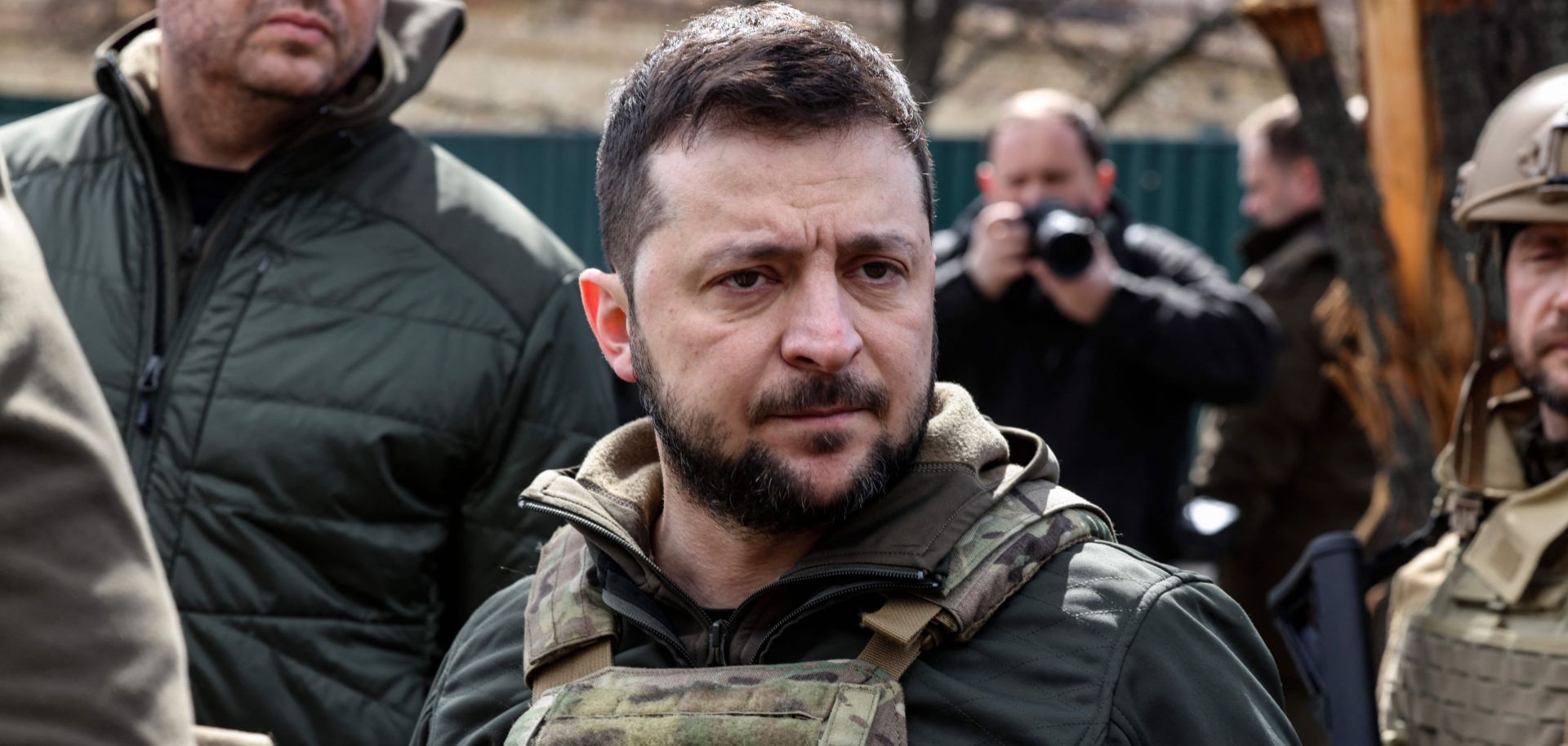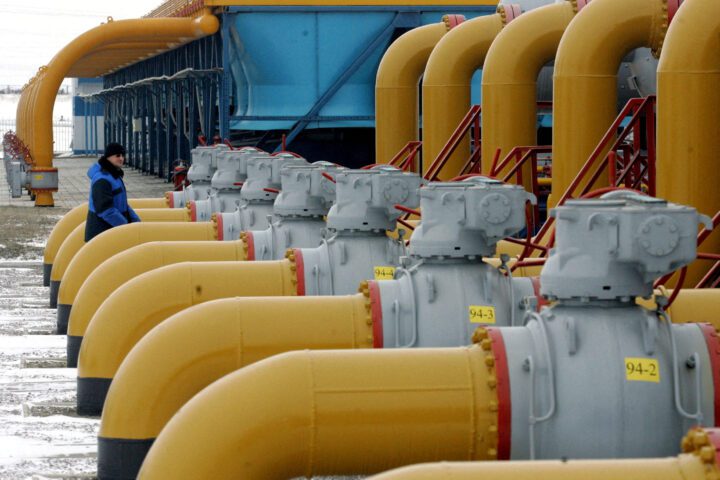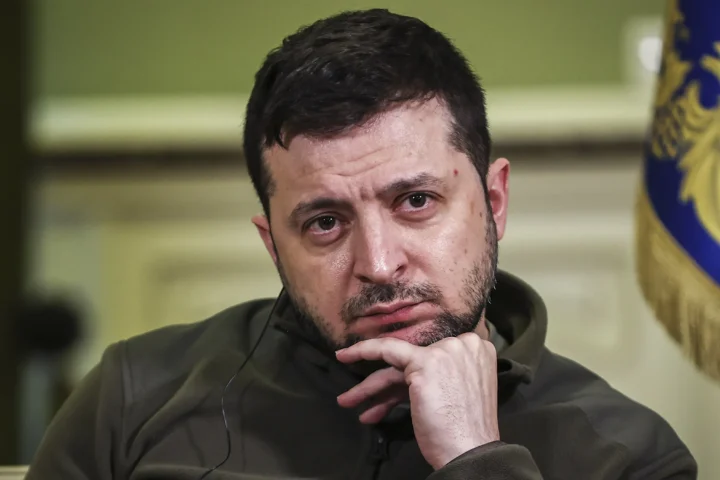The Unending Standoff: Can Ukraine Face Another Year of War?
The Ukraine-Russia conflict, which started as a territorial dispute in 2014, has now dragged on for almost a decade. The situation took an even darker turn in February 2022, when Russia launched a full-scale invasion. As 2025 approaches, despite the imposition of heavy international sanctions on Russia, the fighting continues unabated, raising questions about Ukraine’s resilience and endurance. The global implications are numerous and complex, impacting not only the political landscape but also the global economy and the energy markets.
A Warring History and the Toll on Ukraine
Since the annexation of Crimea in 2014, tensions have remained high between Russia and Ukraine. Following the full-scale invasion in 2022, these tensions have transformed into a continuous battle, one that Ukraine seems to be fighting at a disadvantage. The Ukrainian military, while valiant and steadfast, is facing fatigue after almost three years of intense fighting.
According to the Ukrainian Ministry of Defense, as of December 2024, the conflict has resulted in over 43,000 military casualties. Meanwhile, a report from the RAND Corporation, a US think tank, highlights the ongoing strain on Ukraine’s military resources and personnel, suggesting that sustaining the current level of defense might not be feasible in the long term.
International Sanctions: A Double-Edged Sword
In response to Russia’s aggression, the international community has imposed severe sanctions aiming to cripple Russia’s economy. However, the effectiveness of these sanctions remains questionable. While they have indeed caused significant damage to the Russian economy, they have also inadvertently affected Ukraine. Many countries, particularly in Europe, are heavily dependent on Russian oil and gas, and the sanctions have disrupted these supplies, causing energy prices to skyrocket. This has had a knock-on effect on Ukraine, whose economy is already beleaguered by the war.
The Global Implications
The conflict’s influence extends far beyond the borders of Ukraine and Russia. The escalation of war has added a new layer of uncertainty to global politics, and the effects on the world economy are palpable. The Russian economy, already hit by sanctions, is teetering on the brink of recession, which could have significant ripple effects worldwide due to Russia’s role in global markets, particularly in energy.
Furthermore, the war has exacerbated the global energy crisis, with Europe being the hardest hit. According to the International Energy Agency, Europe’s dependence on Russian gas has increased significantly since the conflict began, leading to increased energy prices and contributing to inflationary pressures.
Looking Ahead: A Harrowing Prospect
The continuation of the conflict into another year poses a daunting prospect for Ukraine. The nation’s endurance will be severely tested as the war drains its resources and the morale of its people. Unless the international community can find a way to intervene effectively, the long-term implications for Ukraine and the global community are grim.
Peace talks, despite being fraught with challenges, may offer the best hope for resolution. In the meantime, the burden on Ukraine continues to grow, and their ability to weather another year of war is increasingly uncertain.







